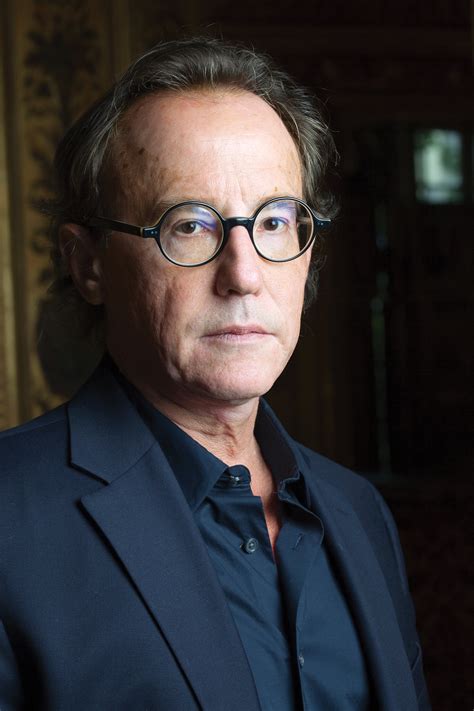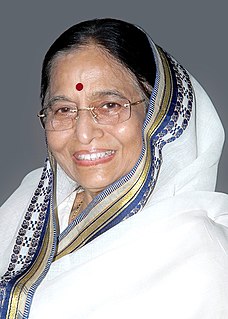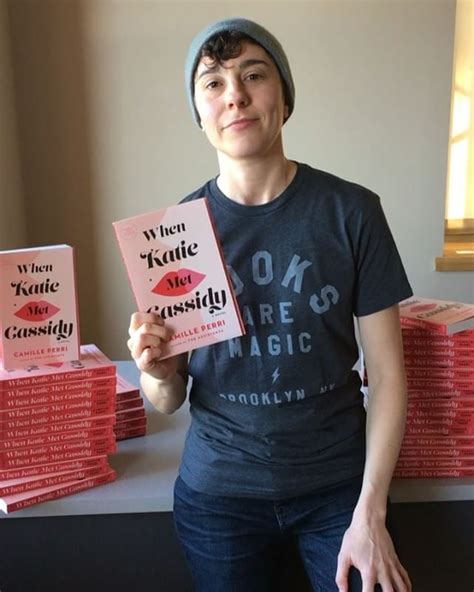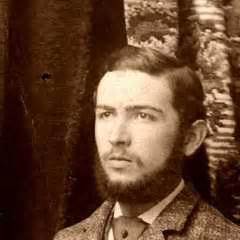A Quote by Gavin Esler
I've always been a fan of the Overton Window. It's not a piece of glass but a political theory named after the conservative American political analyst, Joseph P Overton.
Related Quotes
The idea of the Overton Window is that there`s a fairly narrow window of proposals in any particular policy area that people will take seriously that wouldn`t get you written off as a kook. The way to move or expand that window is to advocate super extreme positions which change the realm of what`s politically possible because after something super nuts has been .
floated, thereafter, slightly less nuts positions will start to look acceptable and moderate by comparison.
There was a time when conservative intellectuals raised the level of American public debate and helped to keep it sober. Those days are gone. As for political judgment, the promotion of Sarah Palin as a possible world leader speaks for itself. The Republican Party and the political right will survive, but the conservative intellectual tradition is already dead. And all of us, even liberals like myself, are poorer for it.
I have always had a deep belief that every movie, every artistic expression, is political. Don't be fooled. Even ones that we wouldn't consider overtly political are political. When we spend time doing anything, whether it's distraction or whether it's something that we have to face, it is always political. That's my belief.






























